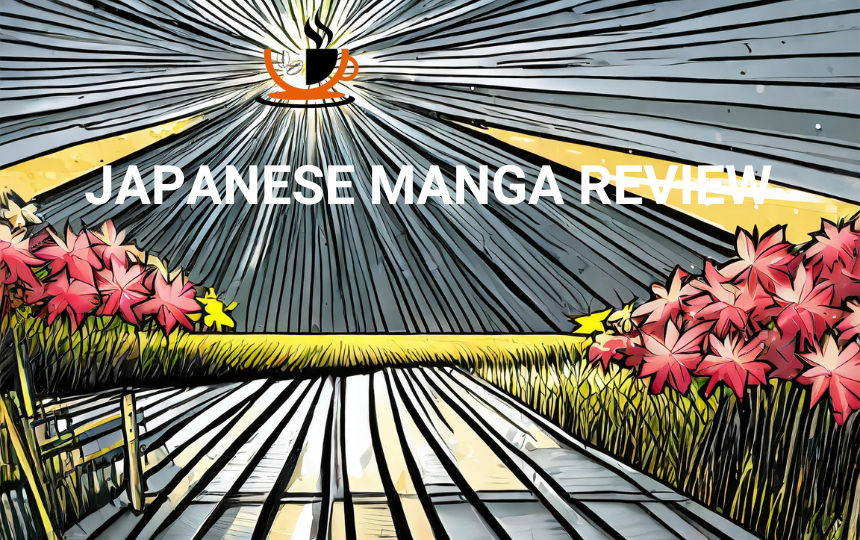Introduction to Japanese Manga
Japanese manga is more than just comics; it’s a cultural phenomenon that has captivated audiences worldwide. Originating from Japan, manga has gained immense popularity globally, transcending age, gender, and nationality boundaries. Its diverse genres and unique storytelling techniques have made it a beloved form of entertainment for millions.
History of Japanese Manga
Manga’s history dates back to the 12th century, but its modern form began to take shape in the late 19th century. Influenced by traditional Japanese art styles such as ukiyo-e, manga evolved rapidly, especially after World War II. Post-war economic growth and social change fueled the manga industry, leading to the creation of iconic series like Osamu Tezuka’s “Astro Boy.”
Characteristics of Japanese Manga
Japanese manga is characterized by its distinctive art style, which features exaggerated facial expressions and dynamic action scenes. Storytelling in manga often involves intricate plots, cliffhangers, and character development, creating emotional connections with readers. The emphasis on emotions and expressions sets manga apart from Western comics.
Popular Manga Series
Several manga series have achieved global acclaim and become cultural phenomena. Series like “Naruto,” “One Piece,” and “Attack on Titan” have massive fan followings worldwide. The diversity of genres, from shonen (targeted at young boys) to shojo (targeted at young girls) and seinen (targeted at adult men), ensures there’s something for everyone.
Artistic Value of Japanese Manga
Although once dismissed as mere entertainment for children, manga is now recognized as a legitimate form of art. Its influence extends beyond comics into literature, film, and even fashion. Manga’s unique storytelling methods, such as visual metaphors and panel layouts, make it a powerful medium for conveying complex narratives.
Cultural Impact
Manga has had a profound impact on Japanese culture, influencing everything from fashion to language. The globalization of manga has led to the emergence of subcultures dedicated to specific genres and series. Manga cafes, cosplay events, and conventions have become integral parts of Japan’s cultural landscape.
Manga Industry
The manga industry is a multi-billion-dollar business, encompassing publishing, merchandising, and digital platforms. Manga artists, known as mangaka, play a central role in creating and shaping the industry. Digital platforms like Crunchyroll and Comixology have made manga more accessible to international audiences.
Criticism and Controversies
Despite its popularity, manga has faced criticism for its portrayal of gender, sexuality, and violence. Cultural stereotypes and issues of representation have also sparked debates within the industry. Censorship laws in countries like China and South Korea have restricted the distribution of certain manga titles.
Manga and Anime
Manga and anime are closely interconnected, with many popular manga series being adapted into anime. The adaptation process involves translating the artwork and storyline from page to screen, often with varying degrees of success. Fandoms dedicated to both manga and anime contribute to their enduring popularity.
Manga Review Process
Reviewing manga involves assessing various aspects, including artwork, storyline, character development, and pacing. Critics consider factors like originality, coherence, and emotional impact when evaluating manga. Translations can also influence the reading experience, making accurate translations crucial for international audiences.
Recommended Manga for Beginners
For newcomers to manga, there are several series that serve as excellent starting points. “Death Note,” “My Hero Academia,” and “Fullmetal Alchemist” are widely praised for their engaging stories and accessible artwork. Diverse genres like romance, fantasy, and horror offer something for every reader’s taste.
Manga Collection and Merchandise
Collecting manga volumes has become a hobby for many enthusiasts, with series often released in serialized formats. Merchandise such as figurines, posters, and clothing allow fans to express their love for their favorite series. Online retailers and subscription services offer convenient ways to build and expand manga collections.
Manga Community
The manga community is vibrant and diverse, with online forums and social media platforms serving as hubs for discussion and sharing. Fan conventions like Comic-Con and Anime Expo provide opportunities for fans to connect with each other and meet their favorite artists and voice actors. Fan art and fan fiction are popular forms of creative expression within the community.
Future of Japanese Manga
The future of Japanese manga looks promising, with new technologies and platforms opening up opportunities for innovation. The global demand for manga continues to grow, driving the industry’s expansion into new markets. However, challenges such as piracy and competition from other forms of entertainment remain concerns for the industry.
Conclusion
Japanese manga is more than just a form of entertainment; it’s a cultural phenomenon that has captured the hearts and imaginations of millions around the world. Its unique art style, diverse genres, and captivating storytelling make it a beloved medium for readers of all ages. As manga continues to evolve and expand, its influence on global pop culture is undeniable.
FAQs
- What is manga? Manga is a style of Japanese comic books and graphic novels, typically aimed at both adults and children.
- Why is manga so popular? Manga’s popularity can be attributed to its diverse genres, engaging storytelling, and unique art style, which appeal to a wide audience.
- How is manga different from Western comics? Manga often features more complex storylines, emotional depth, and a wider range of genres compared to Western comics.
- Are there different types of manga? Yes, manga comes in various genres, including shonen (aimed at young boys), shojo (aimed at young girls), seinen (aimed at adult men), and josei (aimed at adult women).
- Where can I read manga online? There are many legal online platforms like Crunchyroll, VIZ Media, and Manga Plus that offer manga for readers to access digitally.
